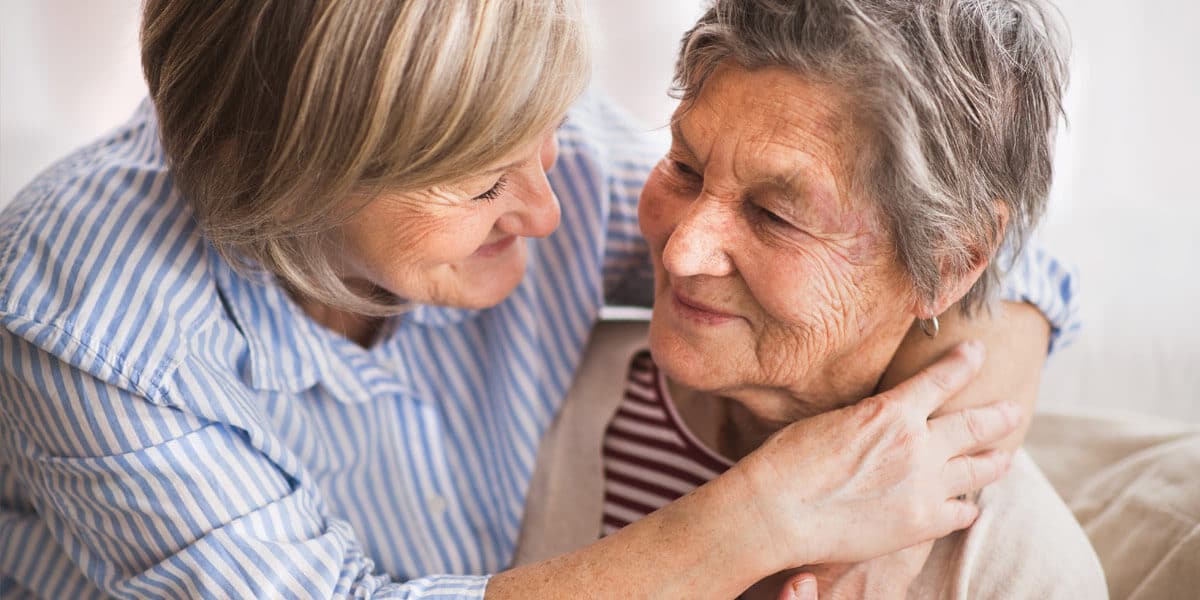When most people think of Hospice, they associate thoughts of losing a parent or loved one, the end stages of life, and death and dying. While these are certainly difficult things to come to terms with, the topic of Hospice should be a conversation that everyone is ready to have. Not discussing Hospice and the choices for end-of-life care can not only lead to people not fully understanding the benefits, but to patients being deprived comfort and freedom of choice in their final months.
Here, we will take a look what exactly Hospice care does, and why it can be a good decision for your elderly parent or loved one.
- It takes place in a familiar environment. Hospice care can be offered wherever the patient lives or feels the most comfortable, whether it’s their own house or a nursing facility. Most patients feel more comfortable dying in their own home rather than in an unfamiliar hospital.
- It offers comprehensive care and comfort 24/7. Hospice provides many on-call professionals, volunteers, and caregivers so you can ensure that your loved one is never alone and always in good hands. Nurses and volunteers will spend quality time with your loved one—from feeding them and administering medicine to listening to their stories and leading activities.
- It provides dignity. With Hospice care, patients can choose to die with a sense of dignity, on their own measures—rather than be hooked up to machines and tampered with by strangers.
- It allows for family and friend involvement. Due to strict visiting hours, conflicting schedules, or apprehension, it may not be easy for friends and family to visit an elderly loved one in the hospital. Hospice care allows for visitors and caregivers at all times, letting your loved one be surrounded by people they love in their final months.
- It is easier on finances. Hospice care is usually fully covered by Medicare or Medicaid insurances, lessening the financial burden of constant and overwhelming hospital bills.
- There is no compromise in the quality of medical care. Even though Hospice takes place outside of a hospital, patients are still provided with all the necessary medication and equipment to ensure the patient’s final months are pain and symptom-free.
- It provides counseling and bereavement care. Most Hospices have a team of social workers, chaplains, and grief counselors to guide both the patient and their loved ones through this difficult transition. During this difficult time, Hospice also offers grief counseling and assistance in getting your parent or loved one’s affairs in order after they pass.
- It focuses on physical, emotional, and spiritual pain. While nurses are available to keep your loved one pain and symptom free, spiritual guides and counselors will assist in making the transition peaceful and accepted for you and your loved ones.
Making the decision to place your loved one into Hospice care can be a painful choice and a difficult thing to come to terms with, but Hospice empowers and supports both the patient and the caregivers during the patient’s final months, aiming to make it a uncomplicated and peaceful process.
For more questions on how Hospice care works, or if you are interested in placing one of your loved ones in Hospice, Hospice of South Texas has a team of professionals who will aid and support you through every step of the process. Call us at our Victoria office at 361.572.4300, or our Hallettsville office at 361.798.2077. We will answer any questions, support you, and walk the journey with you.

